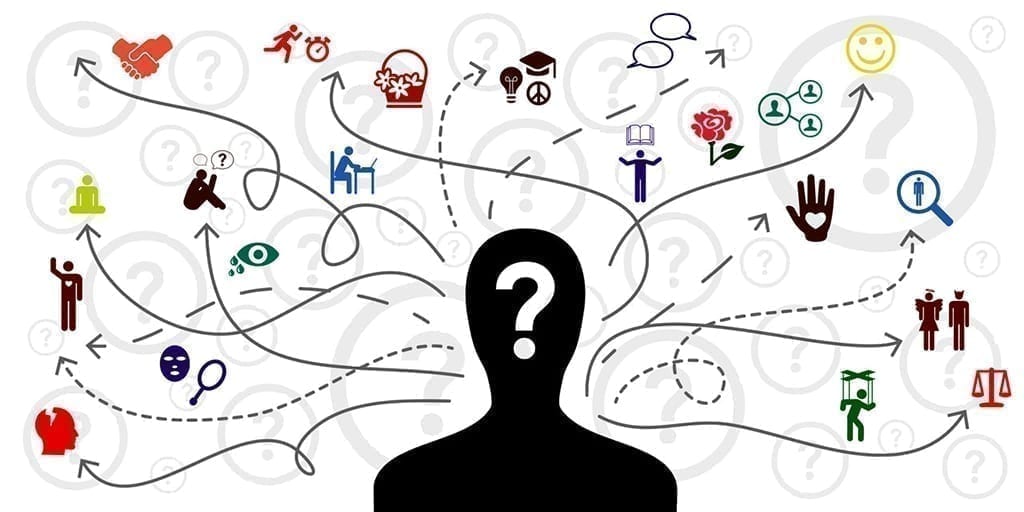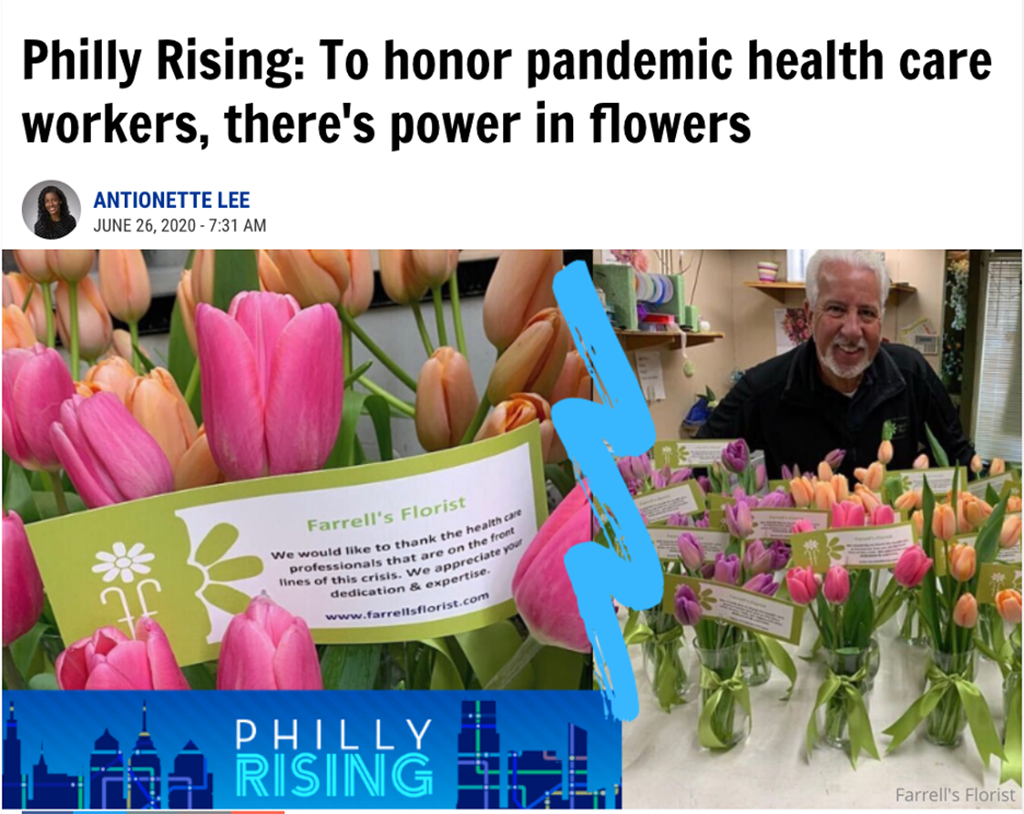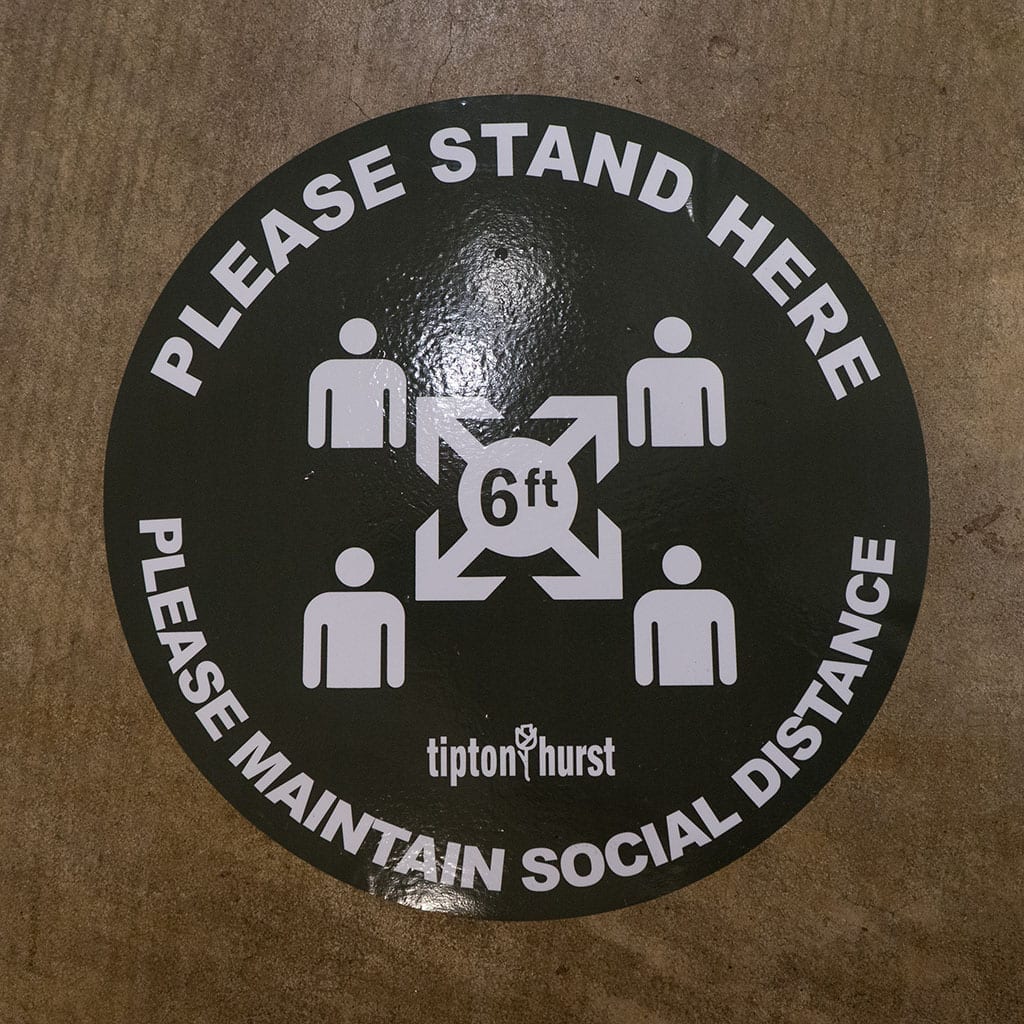 How will consumer behavior evolve in the near- and long-term as Americans wrestle with what it looks like to shop, socialize, congregate, work, play — and, well, live — in the age of an ongoing global pandemic? What do these changes mean to floral industry professionals from all segments? Author, speaker and retail consultant Jim Dion of Dion Co. will tackle those questions July 27 during “Consumer Behavior in a COVID and Post-COVID World,” the kickoff address for the Society of American Florists’ Reinvention Summit, a five-day virtual event.
How will consumer behavior evolve in the near- and long-term as Americans wrestle with what it looks like to shop, socialize, congregate, work, play — and, well, live — in the age of an ongoing global pandemic? What do these changes mean to floral industry professionals from all segments? Author, speaker and retail consultant Jim Dion of Dion Co. will tackle those questions July 27 during “Consumer Behavior in a COVID and Post-COVID World,” the kickoff address for the Society of American Florists’ Reinvention Summit, a five-day virtual event.

Jim Dion, Dionco, Inc.
Sponsored by FTD, Dion’s presentation will help retailers, wholesalers, growers and suppliers better understand the challenges posed by the pandemic and how to sort through those consumer behaviors and shifts that are likely temporary from those that could be longer lasting. The session will be followed by a panel discussion of floral industry members and then breakout sessions for Summit participants.
Dion, who has presented to SAF audiences before and helped lead brands such as Harley-Davidson and The Ritz-Carlton Company through periods of change, said his goal is to give business owners who are deeply entrenched in the day-to-day demands of their operations a chance to step back and get the “30,000-foot view” they need to better understand hurdles and identify opportunities in the country’s altered economic landscape.
“We’ve heard the word ‘unprecedented’ used a lot to describe the pandemic, and so part of my presentation will be about defining that idea and what’s happening, so that we can all start to understand the full impact this event is having on our society,” Dion said. “What does it mean to be a consumer now — and what are the full spectrum of reactions? What are the psychological issues — how are people coping? How do those strategies tie into the floral industry?”
SAF Now editors recently talked with Dion about some of the concepts, ideas and perspective he plans to bring to the Reinvention Summit later this month. Highlights include:
‘Human beings take a long time to change.’
In the past four months, Americans have experienced new-to-them technology at record rates: People are video conferencing more than ever and ordering more goods, including groceries online. How many of these new behaviors will stick once stores, schools and workplaces reopen? It depends, Dion said.
“The routines we had before the pandemic were routines for a reason,” he explained, “Human beings take an awfully long time to change.” He added that history could provide some lessons. “If we look back to the 1918 pandemic, that was a pretty devastating time. People were dealing with World War I and they were also social distancing. But by 1922 — only four years — the country was pretty much ‘back to normal’ in terms of consumer behavior and economic activity.”
That’s not to say that florists shouldn’t be bolstering their online presence right now as more consumers shop online, Dion added. Instead, he said the challenge is to decipher which behaviors are temporary responses and which are more permanent adaptations. “A lot of the new tools and services consumers are experiencing now are novel and cool, but we as humans have this muscle memory for the way we used to do things,” including shopping in person and dining out with friends, he said. “Those memories are burned in deep.”
Keep your eye on technology.
The big unknown right now: When will a vaccine or other virus-mitigating technologies be available? Americans’ sense of safety and wellbeing will continue to be a challenge to retailers until those advances are developed and widely available.
But other areas of innovation also are at play, Dion said. “Technology accelerates change,” he explained. “Assembly-line manufacturing, the advent of electricity — these advances changed consumer behavior,” often in ways that would have been unpredictable at the time. In 2020, 2021 and beyond, changes to 5G wireless technology and national, state and local decisions to invest in infrastructure all could play a major factor in the economy and consumer behavior, and so these are the kinds of changes that floral industry members should be watching — regardless of their segment, Dion added.
“If I’m a supplier or a wholesaler or a grower, I’m always going to be obsessed with what’s happening with my customers, and if I’m a retailer, I have to know what’s happening in consumers’ lives, what are the main drivers there,” he said. “It’s all connected.”
Hope Matters
With a global pandemic, fractured economy and nationwide protests on every American’s mind — the country could use a shot of hope right now, and Dion said that gives the floral industry a unique advantage over competitors.
“Hope is something every consumer needs right now,” he said. “America is emerging from the virus in very different ways, on very different timelines. People are overwhelmed by the news. They need something positive to hold onto, in products, service and messaging. Because of its product — flowers, plants — the floral industry is in a position to deliver that hope.”
Registration will be available for the Reinvention Summit soon. SAF members pay $75/day ($125 for Monday’s session) or $249 for the full week. Prospective members pay $150/day ($250 for Monday’s session) or $499 for the full week. Find out more. Questions? Email Laura Weaver at lweaver@safnow.org.
Interested in Reinvention Summit sponsorship opportunities? Email Sheila Santiago at ssantiago@safnow.org.
Mary Westbrook is the editor in chief of Floral Management.



